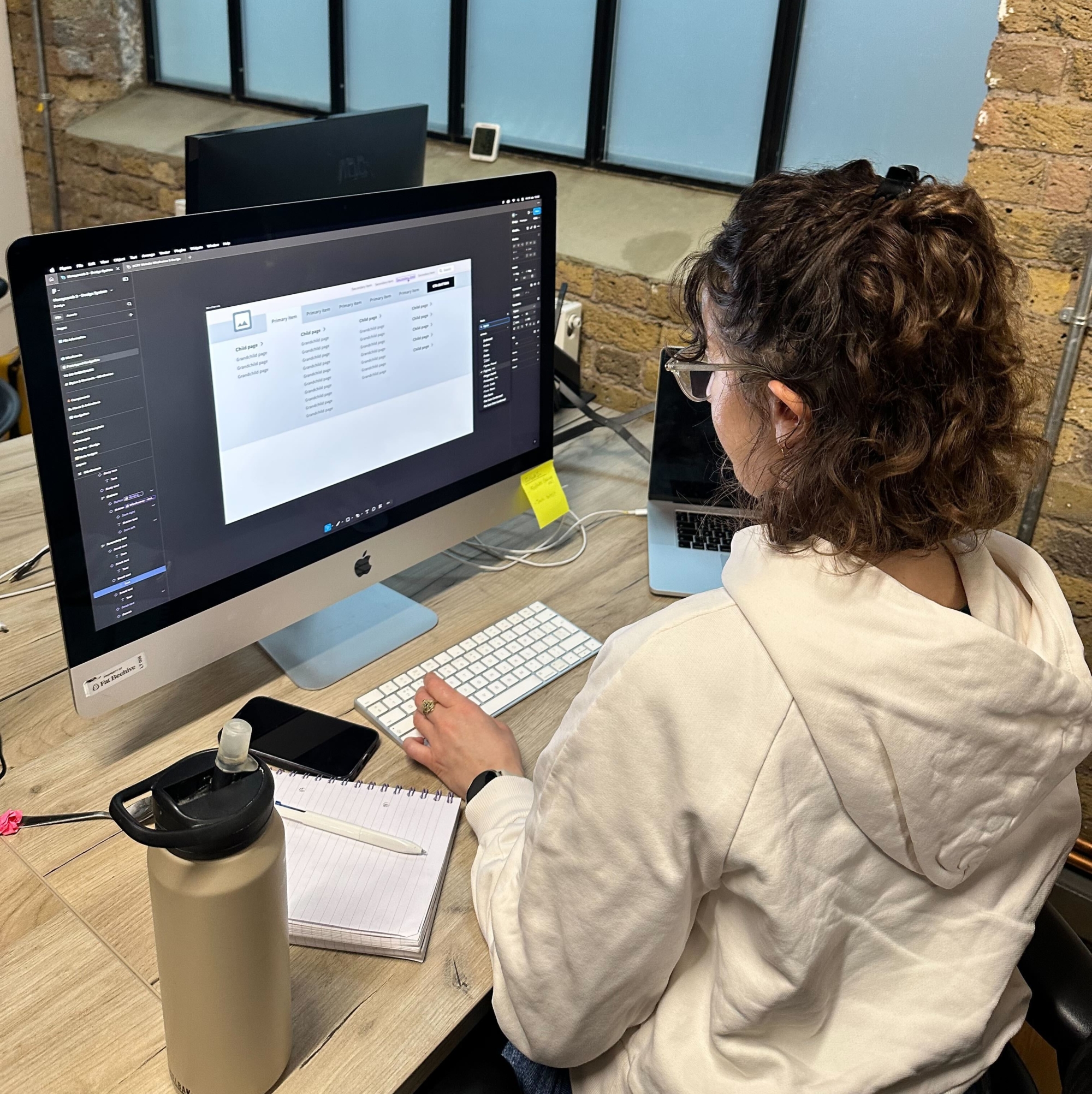Shortcuts don’t work
At Fat Beehive, we believe trust is the glue that holds the charity sector together. Donors don’t just share their money, but their personal details as well. Beneficiaries hand over stories, identities, and often deeply sensitive data. Protecting that information isn’t just a nice-to-have – it’s a moral and legal obligation.
Yet many organisations still handle personal data in ways that leave them exposed: donation forms without encryption, volunteer lists stored on shared Google Sheets, or unsecured databases of contact details. These shortcuts don’t just put people at risk – they put your mission at risk too. Our Information Security Officer, Jeremiah Agbaze, explains what steps to take to ensure data privacy.
Why it matters
- Ethical: safeguarding data respects the dignity of the people you serve.
- Legal: GDPR, POPIA and other regulations apply just as much to charities as they do to corporates.
- Reputational: a single data breach can erode public trust in seconds.
Common cyber threats NGOs can’t ignore
Nonprofits sometimes assume they’re “too small” to be a target. Sadly, that makes them attractive. NGOs handle donor and beneficiary data, financial records and sensitive field reports, and many lack the resources or training to defend against cyber threats.
Here are four big risks to be aware of:
- Phishing emails – fake emails from “funders” or “colleagues” designed to steal credentials.
- Ransomware attacks – cybercriminals lock your files and demand payment to unlock them.
- Social engineering – hackers manipulate staff into revealing passwords or transferring funds.
- Unsecured data – spreadsheets or databases left in public folders or shared without encryption.


